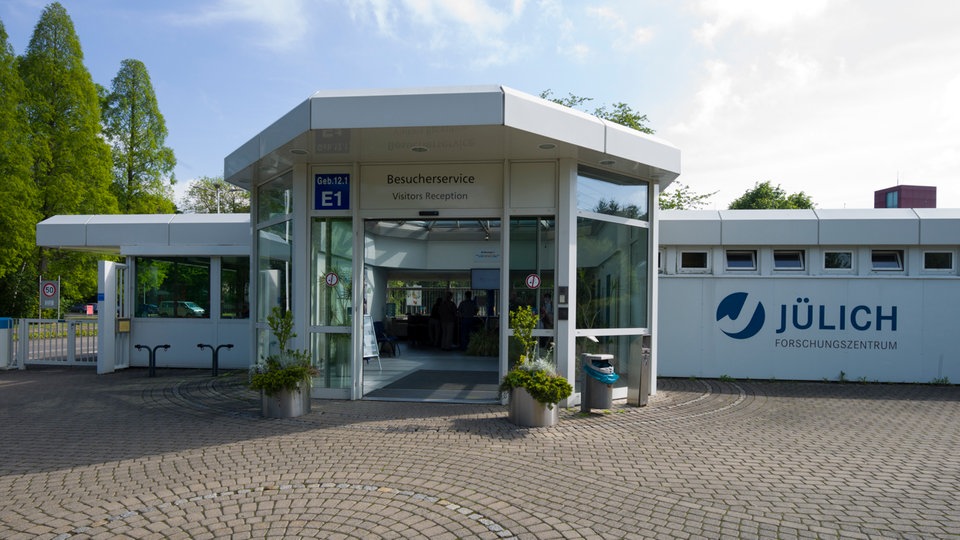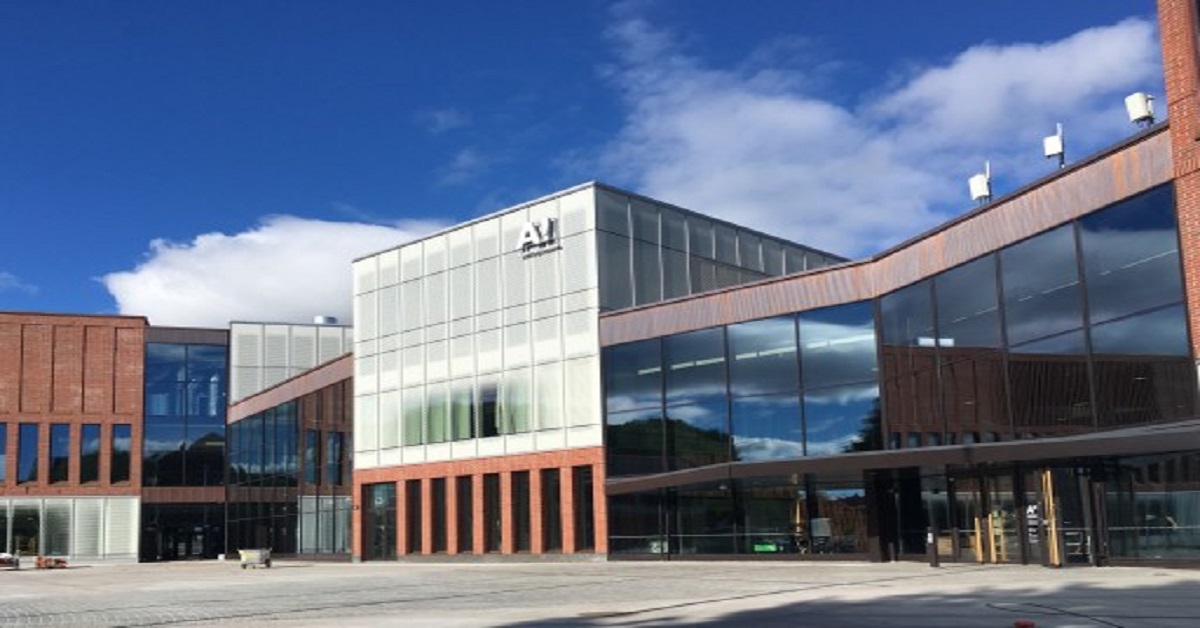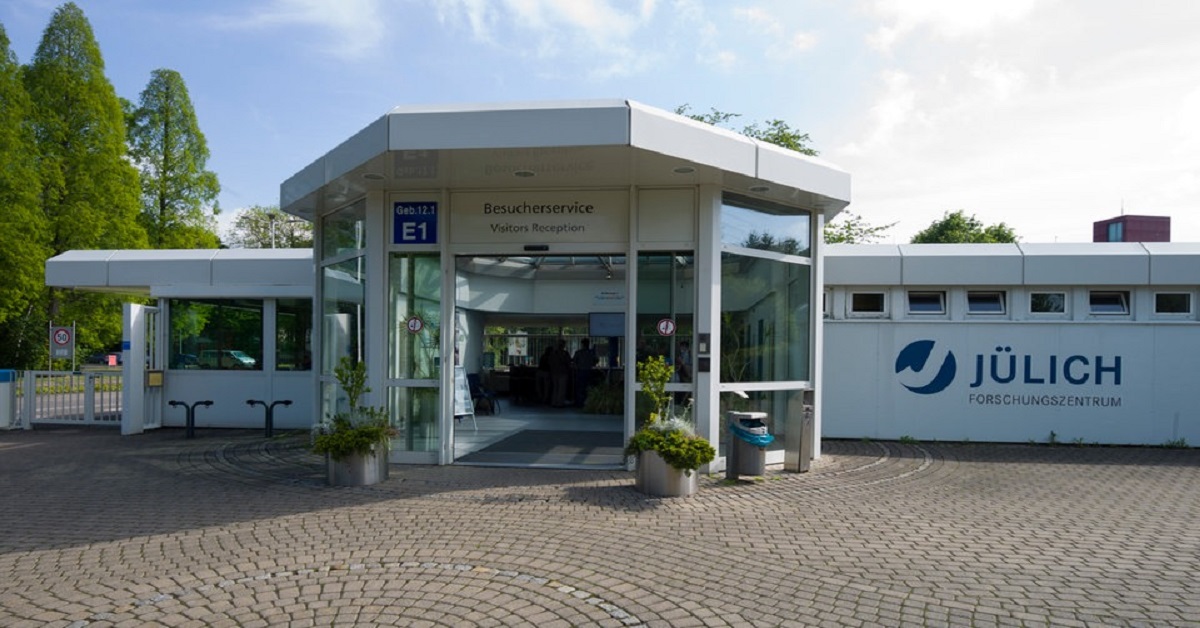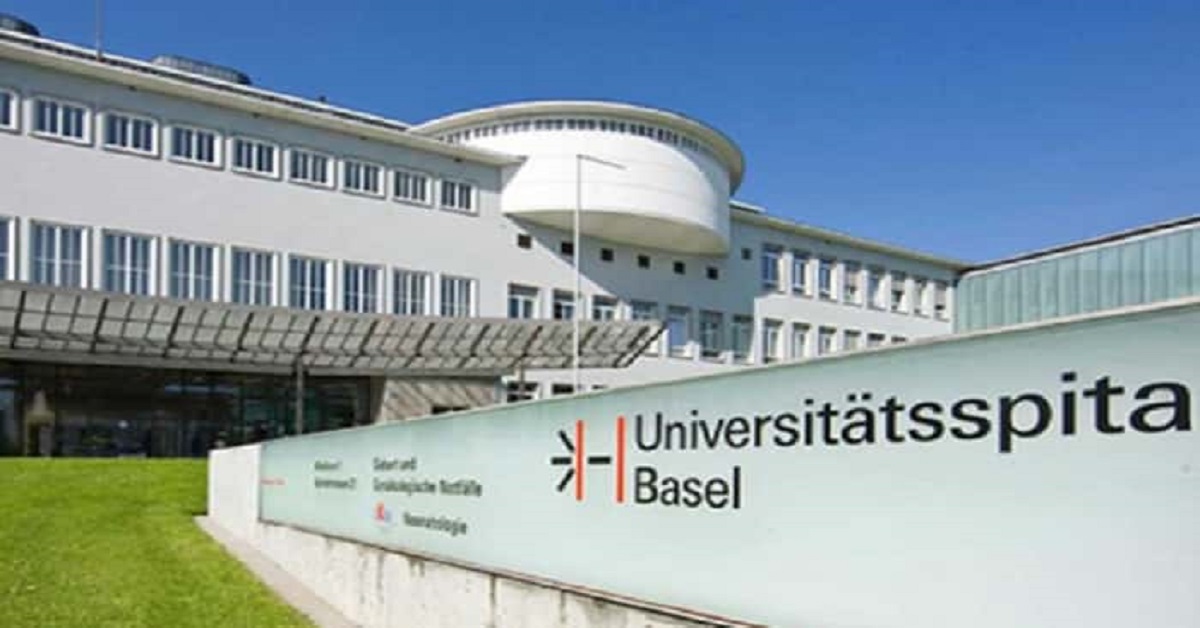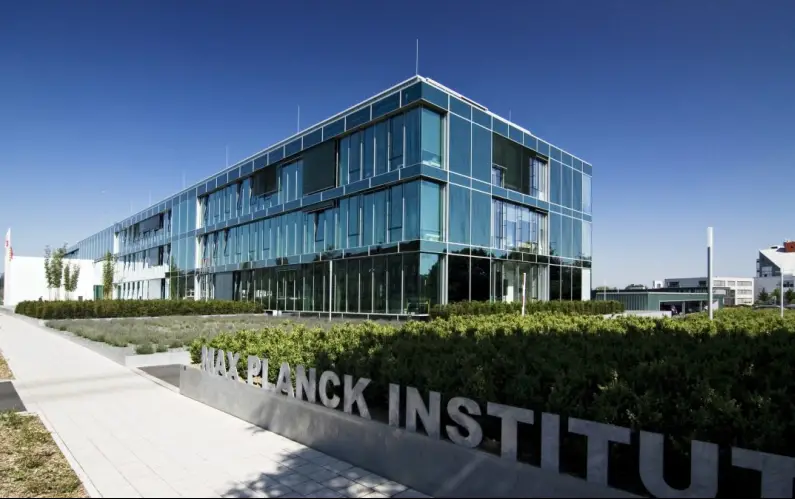Ceramics on the basis of Yttrium-Aluminium-Garnets (YAG) are applied in the semiconductor industry, e.g. as support of Si wavers. During the etching process, physical and chemical interactions between the reactive plasma and the YAG surface appear, which determine the service life time of the components. A precise knowledge of the existing erosion mechanisms is the basis for improving the service life time of such components in a targeted manner. Various factors such as the proportion of undesired secondary phases and microstructural changes play a key role for better understanding the erosion behavior of YAG ceramics.
Therefore, within the scope of the advertised master's thesis, which is carried out in cooperation with an industrial company, YAG ceramics will be produced by field assisted sintering technology/spark plasma sintering (FAST / SPS). This new sintering technology enables the targeted production of components with tailor-made microstructure properties and high relative densities. The YAG components made by FAST/SPS are then exposed to a reactive etching plasma by cooperation partners at the Ruhr University Bochum (RUB) enabling an assessment of the erosion resistance and the main influencing factors.
The aim of the work is to develop a comprehensive view of the erosion behavoir of YAG ceramics in reactive plasmas. The work focuses on understanding the interplay of process and microstructure properties and the active erosion mechanisms..
Your responsibilities
- Processing of YAG ceramics via FAST/SPS
- Sample preparation of etching studies at Ruhr-Universität Bochum
- Comprehensive characterization of samples after the plasma etching treatment, especially with respect to microstructural changes
- Determination of the relationship between processing parameters, plasma etching conditions and erosion phenomena
Your profile
- Studies of e.g. materials science, applied physics, inorganic chemistry, mechanical engineering or related topics
- Basic knowledge of material processing and working in the lab
- Independent work in a motivated team
- Good command of written and spoken English
Our offer
- Participation in an industrial project with a future-oriented topic
- A highly motivated, interdisciplinary work environment at Forschungszentrum Jülich, one of the largest research institutions in Europe
- Professional support of qualified supervisors
- 6 months working contract as student assistant
Please send your applications via e-mail to:
apl. Prof. Dr. Martin Bram
Forschungszentrum Jülich
Institute of Energy and Climate Research
Materials Synthesis and Processing (IEK-1)
